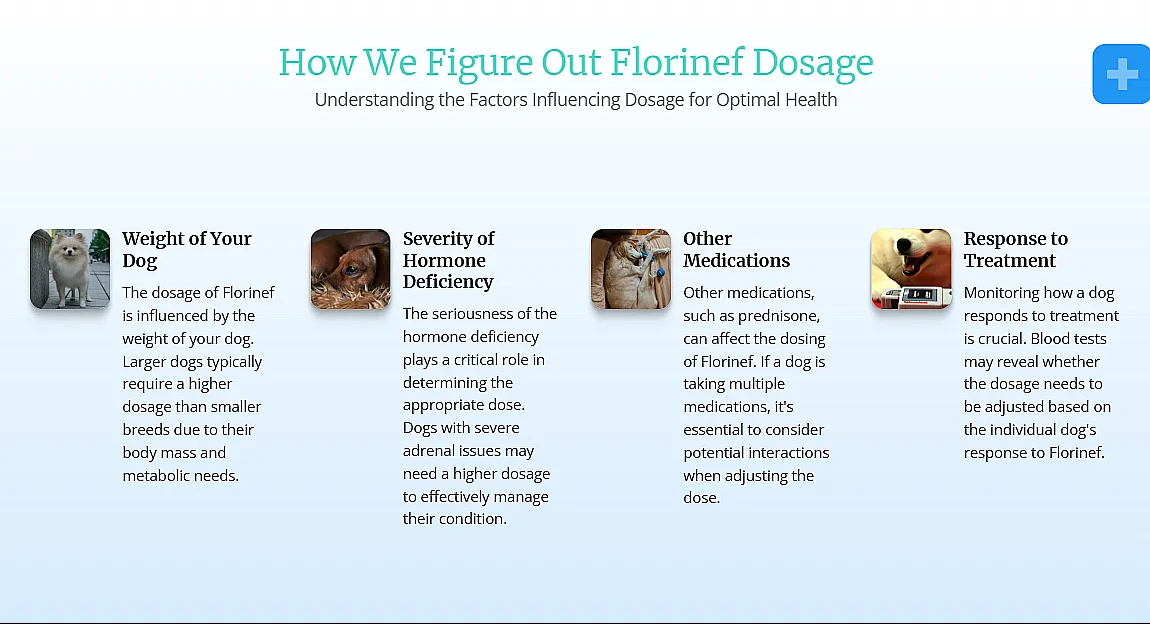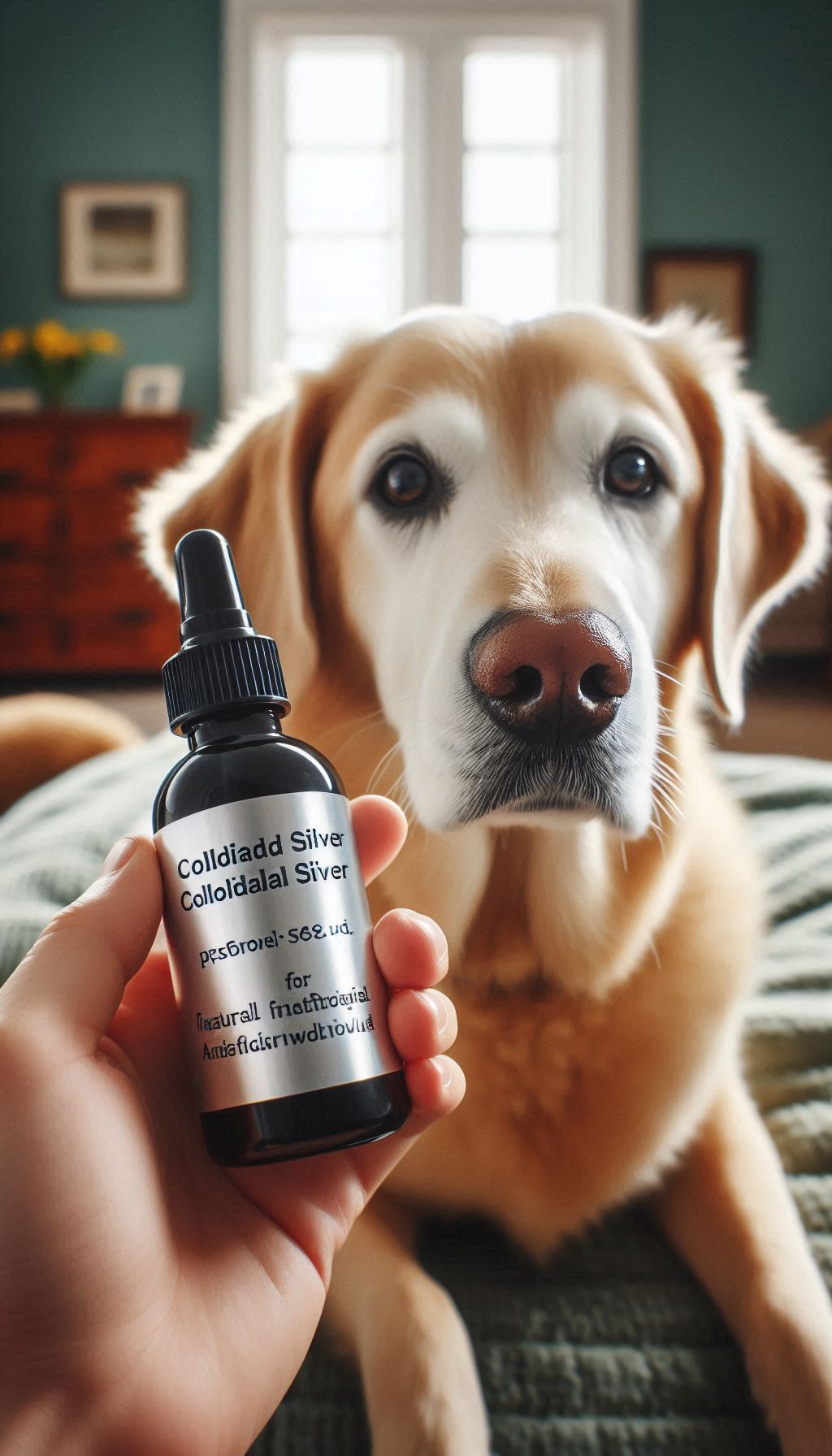When it comes to our furry friends, we want to ensure that they are happy, healthy, and comfortable.
However, some dogs may experience digestive issues, such as a sensitive stomach, which can lead to discomfort and other unpleasant symptoms.
It’s important for dog owners to understand the common signs of digestive issues in dogs and how to address them.
Common signs of digestive issues in dogs
Knowing the signs of digestive issues in dogs is crucial in order to recognize when our pets are experiencing discomfort.
Some common signs of digestive issues include:
1. Vomiting: If your dog is frequently vomiting or regurgitating food, it may indicate a digestive problem.
2. Diarrhea: Loose stools or diarrhea can be a sign of an upset stomach or an underlying gastrointestinal issue.
3. Flatulence: Excessive gas and flatulence can be a result of poor digestion or food intolerance.
4. Loss of appetite: If your dog is not interested in eating or has a decreased appetite, it may be a sign of digestive discomfort.
5. Abdominal pain: Dogs with digestive issues may show signs of abdominal pain, such as restlessness, panting, or a hunched posture.
If you notice any of these symptoms in your dog, it’s important to consult with a veterinarian to determine the best course of action.
Understanding the signs of digestive issues in dogs is the first step towards finding the best diet and care for our four-legged companions.
II. Identifying the Cause of the Sensitive Stomach
When it comes to dogs with sensitive stomachs, it’s essential to pinpoint the cause of the issue to provide the right diet and treatment.
There are various factors that can contribute to a sensitive stomach in dogs.
Here are some common ones to consider:
Dietary Allergies or Sensitivities
Some dogs may have allergies or sensitivities to certain ingredients in their food.
Common allergens include grains, dairy products, and certain proteins.
Switching to a hypoallergenic or limited ingredient diet can help alleviate symptoms.
Poor Quality or Inappropriate Diet
Feeding your dog a poor-quality or inappropriate diet can also lead to gastrointestinal issues.
Dogs require a balanced and nutritious diet that suits their specific needs.
Choosing a high-quality dog food that is easily digestible and free from artificial additives can make a significant difference.
Sudden Changes in Diet
Abruptly changing your dog’s diet can disrupt their digestive system and lead to stomach sensitivity.
It’s essential to introduce new foods gradually, giving their system time to adjust.
Intestinal Parasites
Parasitic infections, such as worms, can cause gastrointestinal upset and lead to a sensitive stomach.
Regular deworming and routine check-ups with your veterinarian are crucial for maintaining your dog’s overall health.
It’s important to work closely with your veterinarian to identify the cause of your dog’s sensitive stomach.
They can conduct tests, such as allergy testing or fecal examinations, to determine any underlying issues.
Once the cause is identified, you can make necessary dietary adjustments and provide appropriate treatment to help alleviate your dog’s sensitive stomach.
III. Best Commercial Dog Foods for Sensitive Stomachs
When it comes to finding the best diet for dogs with sensitive stomachs, commercial dog foods can be a great option.
These foods are specifically formulated to be easy on the digestive system while still providing all the necessary nutrients for your furry friend.
Here are some of the top commercial dog foods for dogs with sensitive stomachs:
B. Diamond Care Sensitive Stomach
Diamond Care Sensitive Stomach is a highly recommended option for dogs with sensitive stomachs.
It features a limited ingredient recipe, making it easier for dogs to digest.
The high-quality ingredients used in this food ensure that your dog is getting the nutrients they need without irritating their stomach.
Many dog owners have reported positive results after switching to this food, with their dogs experiencing fewer digestive issues.
C. Hill’s Science Diet Sensitive Stomach and Skin
Hill’s Science Diet Sensitive Stomach and Skin is another fantastic option for dogs with sensitive stomachs.
This food contains prebiotic fiber, which promotes optimal gut health and aids in digestion.
It is recommended by veterinarians and has received positive feedback from dog owners.
The high-quality ingredients used in this food ensure that it is gentle on your dog’s stomach while providing them with the nutrition they need.
D. Purina Pro Plan Sensitive Skin and Stomach Salmon and Rice
Purina Pro Plan Sensitive Skin and Stomach Salmon and Rice is a great choice for dogs with sensitive stomachs.
This food features a single-protein formula, making it easier for dogs to digest.
It is made with high-quality ingredients and does not contain any artificial colors or flavors.
Many dog owners have reported that their dogs have experienced significant improvement in their digestive health after switching to this food.
These commercial dog foods are specifically designed to support dogs with sensitive stomachs.
They provide high-quality ingredients, gentle formulas, and essential nutrients to ensure that your furry friend stays healthy and happy.
Consult with your veterinarian to determine the best food for your dog’s specific needs.
I. Hills Prescription I/D Digestive Care with Turkey
If your dog has a sensitive stomach and you’re looking for the best diet to support their digestive health, look no further than Hills Prescription I/D Digestive Care with Turkey.
This dog food is specially formulated by professional veterinarians to provide your furry friend with the essential nutrients they need while being gentle on their sensitive stomach.
Professional veterinary design for GI health
The Hills Prescription I/D Digestive Care with Turkey dog food is designed with the expertise of professional veterinarians to support gastrointestinal health in dogs.
It contains a unique blend of prebiotic fibers that promote regular bowel movements and help balance digestive function.
The highly digestible formula ensures easy nutrient absorption, minimizing the risk of upset stomachs and digestive issues.
This dog food is also fortified with high levels of electrolytes and B vitamins, which help replace lost nutrients from digestive upset.
Additionally, it contains clinically proven antioxidants that support a healthy immune system.
Highly recommended by dog owners
Many dog owners highly recommend the Hills Prescription I/D Digestive Care with Turkey dog food for dogs with sensitive stomachs.
They have found that it helps to settle digestive upsets and improves their dogs’ overall gastrointestinal health.
The food is made with high-quality ingredients and meets the special nutritional needs of puppies and adult dogs.
It’s important to consult with your veterinarian before making any changes to your dog’s diet, especially if they have a sensitive stomach.
They can provide guidance on the best diet options for your dog’s specific needs.
Owning a dog with a sensitive stomach can be challenging, but with the right diet, you can help alleviate their discomfort and support their digestive health.
Consider trying the Hills Prescription I/D Digestive Care with Turkey dog food to give your furry friend the best nutrition for their sensitive stomach.
IV. Homemade Options for Dogs with Sensitive Stomachs
Benefits of preparing homemade meals for dogs with sensitive stomachs
For dogs with sensitive stomachs, preparing homemade meals can have several benefits:
1. Control over ingredients: By preparing the meals yourself, you have complete control over the ingredients used.
You can eliminate potential triggers and use high-quality, easily digestible ingredients.
2. Customization: Homemade meals allow you to customize the diet to your dog’s specific needs and preferences.
You can tailor the recipes to include ingredients that your dog tolerates well and ensure a balanced diet.
3. Fresh and high-quality ingredients: Homemade meals often use fresh ingredients, which can be more easily digestible and provide higher nutritional value compared to processed commercial foods.
4. Avoidance of additives and preservatives: Many commercial dog foods contain additives and preservatives that can aggravate a sensitive stomach.
By preparing homemade meals, you can avoid these additives and provide a more natural diet for your dog.
Recipes for home-cooked sensitive stomach diets
If you are considering preparing homemade meals for your dog with a sensitive stomach, here are a few simple recipes to consider:
1. White rice and boiled chicken: Cook white rice according to package instructions and boil boneless, skinless chicken.
Cut the chicken into small pieces and mix it with the cooked rice.
This bland diet can be soothing for a sensitive stomach.
2. Ground turkey and sweet potato: Cook ground turkey and sweet potatoes separately.
Mix them together in a ratio of 1:1 and feed to your dog.
This recipe provides lean protein and easily digestible carbohydrates.
3. Pumpkin and cottage cheese mix: Mix plain canned pumpkin and low-fat cottage cheese in equal amounts.
This recipe is high in fiber and can help regulate your dog’s digestion.
Remember to consult with your veterinarian before making any significant changes to your dog’s diet.
They can provide guidance and ensure that the homemade meals meet your dog’s nutritional needs.
V. Transitioning Your Dog to a New Diet
When it comes to transitioning your dog to a new diet, it’s important to do so safely and gradually to avoid any digestive upset.
Here are some tips to help make the process smoother:
Tips for safely transitioning your dog to a new food
1. Gradual Transition: It’s recommended to transition your dog’s food over a period of 5-7 days.
This allows their digestive system to adjust to the new food gradually.
2. Mixing Old and New: Start by mixing 25% of the new food with 75% of the old food for the first couple of days.
Slowly increase the proportion of the new food while decreasing the old food over the course of the transition period.
3. Monitor Your Dog’s Response: Keep an eye on your dog’s appetite, stool quality, and overall behavior during the transition.
If you notice any signs of gastrointestinal upset or discomfort, you may need to slow down the transition or consult with your veterinarian.
4. Switching for Medical Reasons: If you’re switching your dog’s diet for medical reasons, such as food allergies or intolerance, it’s best to do so under the guidance of your veterinarian.
They can provide specific recommendations based on your dog’s health condition.
Remember, every dog is unique, and what works for one dog may not work for another.
It’s important to listen to your dog’s needs and make adjustments as necessary.
With a gradual transition and close monitoring, you can help your dog adjust to their new diet and support their sensitive stomach.










